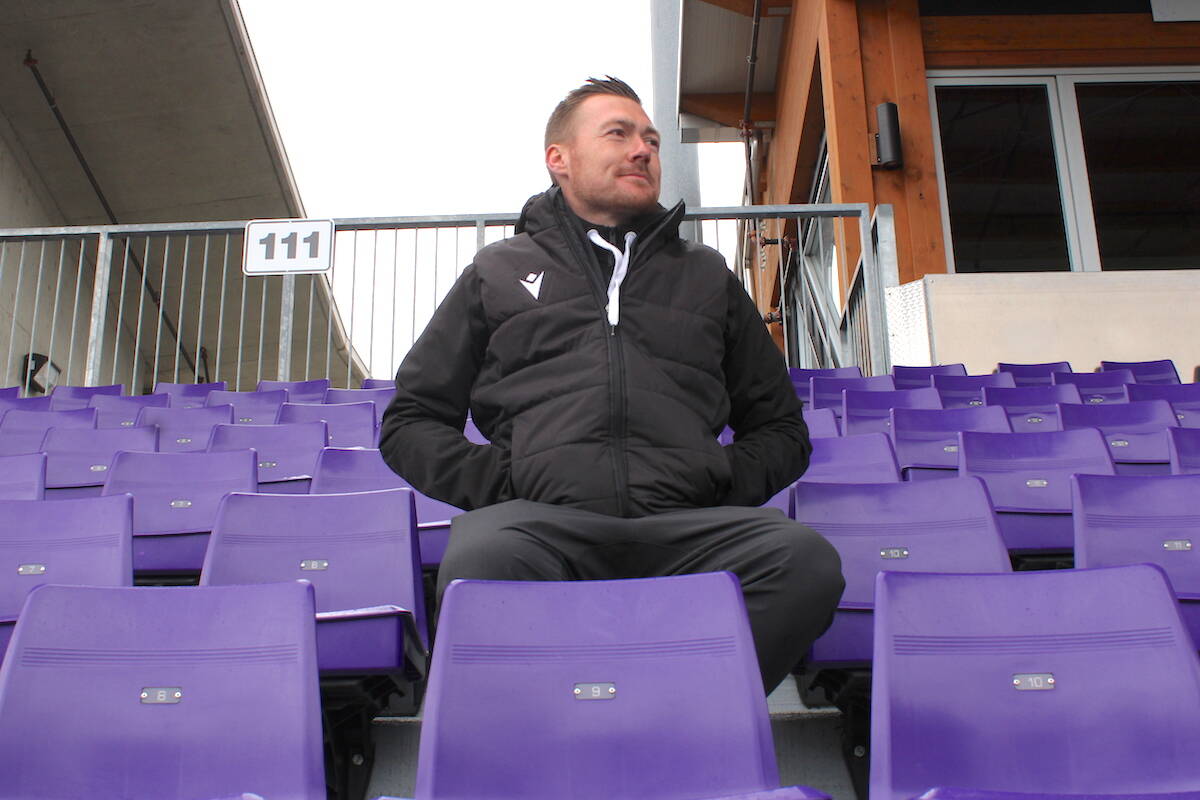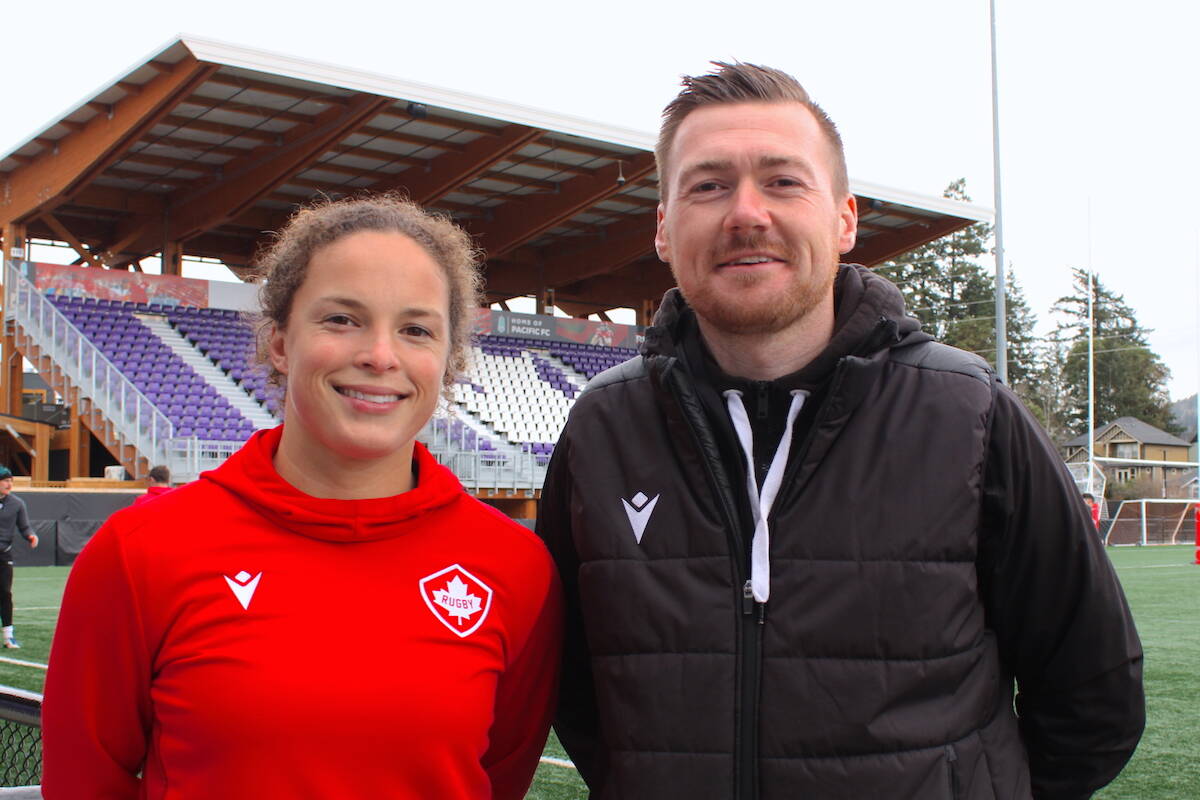Being a professional athlete is physically demanding, but the constant pressure of being the best at the highest level can also be mentally taxing, with the latter still being overlooked.
That’s according to Breanne Nicholas, who’d be lying if she said she hasn’t gone through low times during her career. The co-captain of Canada’s women’s rugby sevens team says athletes of their caliber have been known to put on a brave face for the field even if they weren’t where they needed to be mentally that day.
“Sometimes you feel like ‘Oh I don’t want to bring this to the team or the training environment so you either bottle it in or seek help elsewhere,” Nicholas said.
As high-level performers, they’re also bound to go through injuries eventually and the impacts of those sometimes months-long recoveries on an athlete’s mental state can be worse than the physical toll, she said.
“You’re like ‘Well if I’m not performing, if I’m not doing what I’m meant to do then, what’s my purpose?’”
It’s why the sevens squad has put a focus on mental health as Nicholas said they’ve created a freeness to talk more openly about those issues.
“At the end of the day, we are people first.”
Nicholas and women’s sevens head coach Jack Hanratty are mental health ambassadors for the Coaching Association of Canada’s new Sport Resource Hub, which aims to equip coaches across the country with mental health literacy. The Public Health Agency of Canada-funded hub looks to serve all levels of sport as many return to playing fields amid a waning pandemic that was tough on people’s mental health.
For a long time, Hanratty said the norm in sports was athletes needed “mental toughness” to succeed. He hopes to shift to a system that fosters his athletes’ competitive thirst alongside and through mental wellness.
His interest in mental health first-aid derived from the days he was coaching players ranging from those in their mid-teens to their early twenties.
“You basically see the ups and downs and we started to ask the question of ‘how you doing and can we help?’” Hanratty said. “We noticed at the time that a lot of our players were actually answering ‘Yeah I’m actually not doing great.’”
The coaching staff then turned to counsellors and mental health associations across Canada to learn more about how to ask if someone is okay, how to process that information and what to do with it. With his team Canada group, Hanratty now runs check-ins with players at the start and end of every week, along with having the team do a morning wellness exercise.
The multi-faceted approach looks to enable a safe point of contact for players to flag issues whether or not they’re comfortable with talking face-to-face. Hanratty said reaching out for help is an incredibly daunting and intimidating thing for athletes, so he hopes the new national mental health hub will give coaches the right resources for when players look to confide in them.
“Recently athletes have said just knowing that information is being looked at, talked about and acted upon is just a safe space in itself,” the rugby coach said.
The hub will also provide resources for coaches taking on the extra strain of trying to support athletes.
“(It’s important to do) a little checklist about how am I the individual feeling myself and have I put myself into a good mindset to deliver that safe environment that we strive to have everyday,” Hanratty said.
The conversation around mental health in sports has recently hit the small screen as it’s a driving theme of the Emmy-winning comedy Ted Lasso.
“We all know someone or have been that someone ourselves, actually, that’s struggled, that’s felt isolated, that’s felt anxious, that’s felt alone,” the show’s star Jason Sudeikis said during a visit to the White House this week. “It’s actually one of the many things that…we all have in common as human beings and that means it’s something we can all, and should, talk about with one another.”
A big theme of the show is checking in with neighbours, coworkers, friends or family to ask how they’re doing, the actor who plays a pro soccer coach continued.
“While it’s easier said than done, we also have to know that we shouldn’t be afraid to ask for help ourselves. And that does take a lot, especially when it’s something that does have such a negative stigma.”
Nicholas hopes to stomp out that stigma in sport and spread awareness about mental health. While nothing else matters once they’re on the field, bottling stuff up eventually catches up with players but they don’t need to carry that burden, the rugby player said.
“If we can get it to not be at that point then that’s what we’re shooting for.”
READ: Oak Bay club brothers skate into BC Games competition
Do you have something to add to this story, or something else we should report on?
Email jake.romphf@blackpress.ca
Follow us on Instagram.
Like us on Facebook and follow us on Twitter.


